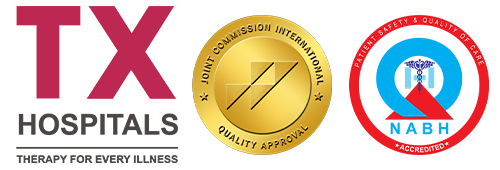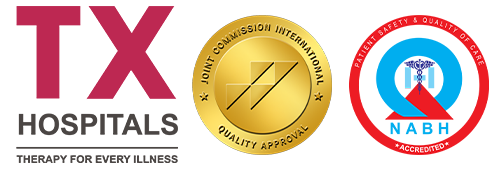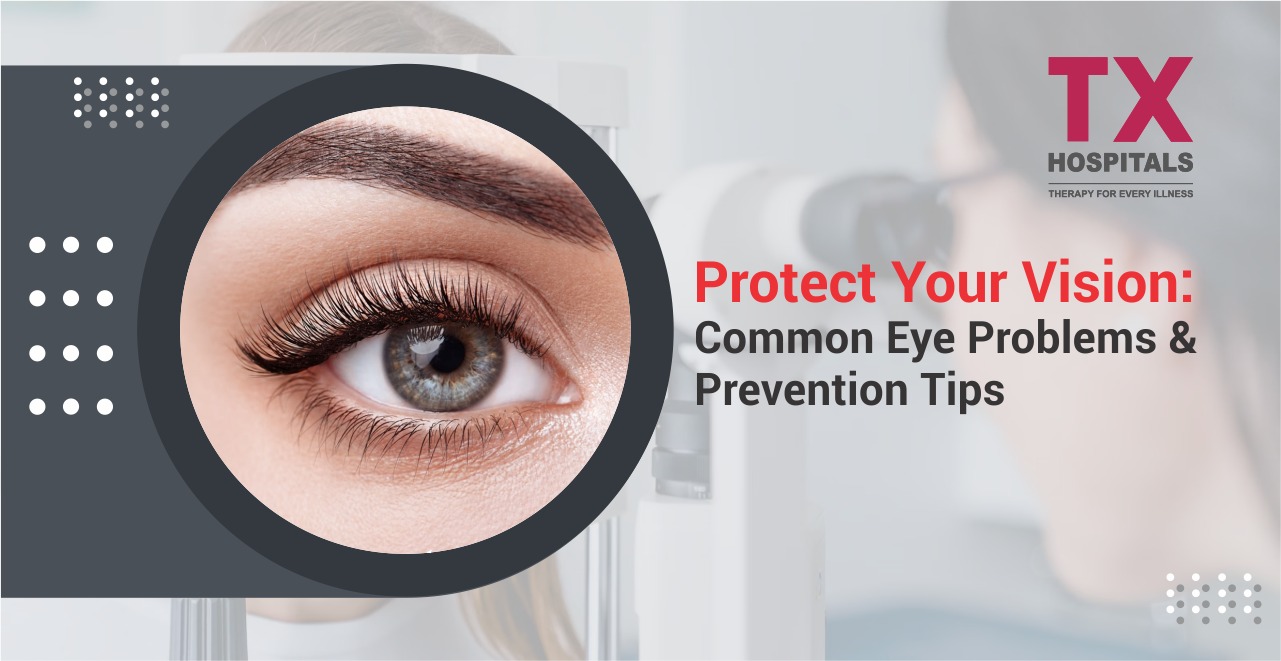Our eyes are our windows to the world, yet they are often overlooked when it comes to health care. Many people only realize the importance of good eye health when issues arise. By understanding common eye problems and adopting effective prevention strategies, we can protect our vision and maintain a high quality of life.
Common Eye Conditions
- Refractive errors include myopia, hyperopia, and astigmatism. Glasses, contact lenses, or surgery are all options for correction.
- Dry Eye Syndrome: Inadequate tear production leads to pain, redness, and poor vision. Caused by excessive screen time or environmental influences.
- Cataracts: Age-related clouding of the eye’s lens. Symptoms include impaired vision and sensitivity to light.
- Glaucoma is a set of disorders that damage the optic nerve owing to high eye pressure. If not treated, it might cause irreparable blindness.
- Macular degeneration primarily affects central vision in older persons. Smoking, as well as genetic susceptibility, are risk factors.
How to Prevent Eye Problems
- Adopt a Healthy Diet: Your diet plays a crucial role in maintaining eye health. Nutrients like omega-3 fatty acids, lutein, zinc, and vitamins A, C, and E help prevent age-related vision problems. Eye-friendly foods include:
- Leafy greens like spinach and kale.
- Fatty fish like salmon and tuna.
- Citrus fruits such as oranges and grapefruits.
- Nuts, seeds, and eggs.
- Practice the 20-20-20 Rule: Prolonged screen time can strain your eyes, leading to digital eye strain or computer vision syndrome. The 20-20-20 rule is an effective way to combat this.
- Every 20 minutes, look at an object 20 feet away for 20 seconds.
- Blink often and adjust your screen brightness to a comfortable level.
- Protect Your Eyes: Environmental and workplace hazards can harm your eyes if you’re not careful.
- Wear sunglasses with 100% UV protection when outdoors to shield your eyes from harmful ultraviolet rays.
- Use protective eyewear in environments where there is a risk of injury, such as construction sites or while working with chemicals.
- Schedule Regular Eye Exams: Routine eye exams are the cornerstone of eye health. Even if you don’t notice any vision problems, a comprehensive check-up can detect conditions like glaucoma, diabetic retinopathy, or macular degeneration in their early stages.
- Adults: Aim for an annual exam, especially if you have risk factors such as diabetes, a family history of eye disease, or are over 40.
- Children: Eye exams are equally important to identify and correct vision problems that may affect learning and development.
- Stay Hydrated: Dehydration can impact tear production, leading to dry eyes and irritation.
- Drink at least 8-10 glasses of water daily to maintain optimal hydration and support healthy tear production.
- Avoid Smoking: Smoking increases the risk of developing serious eye conditions such as cataracts, macular degeneration, and optic nerve damage.
- Seek support to quit smoking and avoid exposure to secondhand smoke to protect your eyes.
- Manage Chronic Health Conditions: Certain health issues like diabetes, hypertension, and high cholesterol can affect eye health. For example, uncontrolled diabetes can lead to diabetic retinopathy.
- Regularly monitor and manage chronic conditions with your healthcare provider to prevent complications affecting your vision.
- Get Enough Sleep: Poor sleep can lead to eye strain, dryness, and puffiness. It also prevents your eyes from getting the rest they need to recover from daily use.
- Aim for 7-8 hours of quality sleep each night to ensure your eyes stay refreshed and healthy.
- Limit Exposure to Blue Light: Excessive exposure to blue light from screens can lead to digital eye strain and disrupt sleep patterns.
- Use blue-light-blocking glasses, enable night mode on devices, and reduce screen time, especially before bedtime.
- Keep Your Hands and Lenses Clean: Touching your eyes with dirty hands can introduce bacteria, leading to infections like conjunctivitis. Similarly, improper handling of contact lenses can harm eye health.
- Wash your hands before touching your eyes and clean your contact lenses as per your optometrist’s instructions.
By following these simple yet effective tips, you can safeguard your vision and maintain healthy eyes for years to come.








